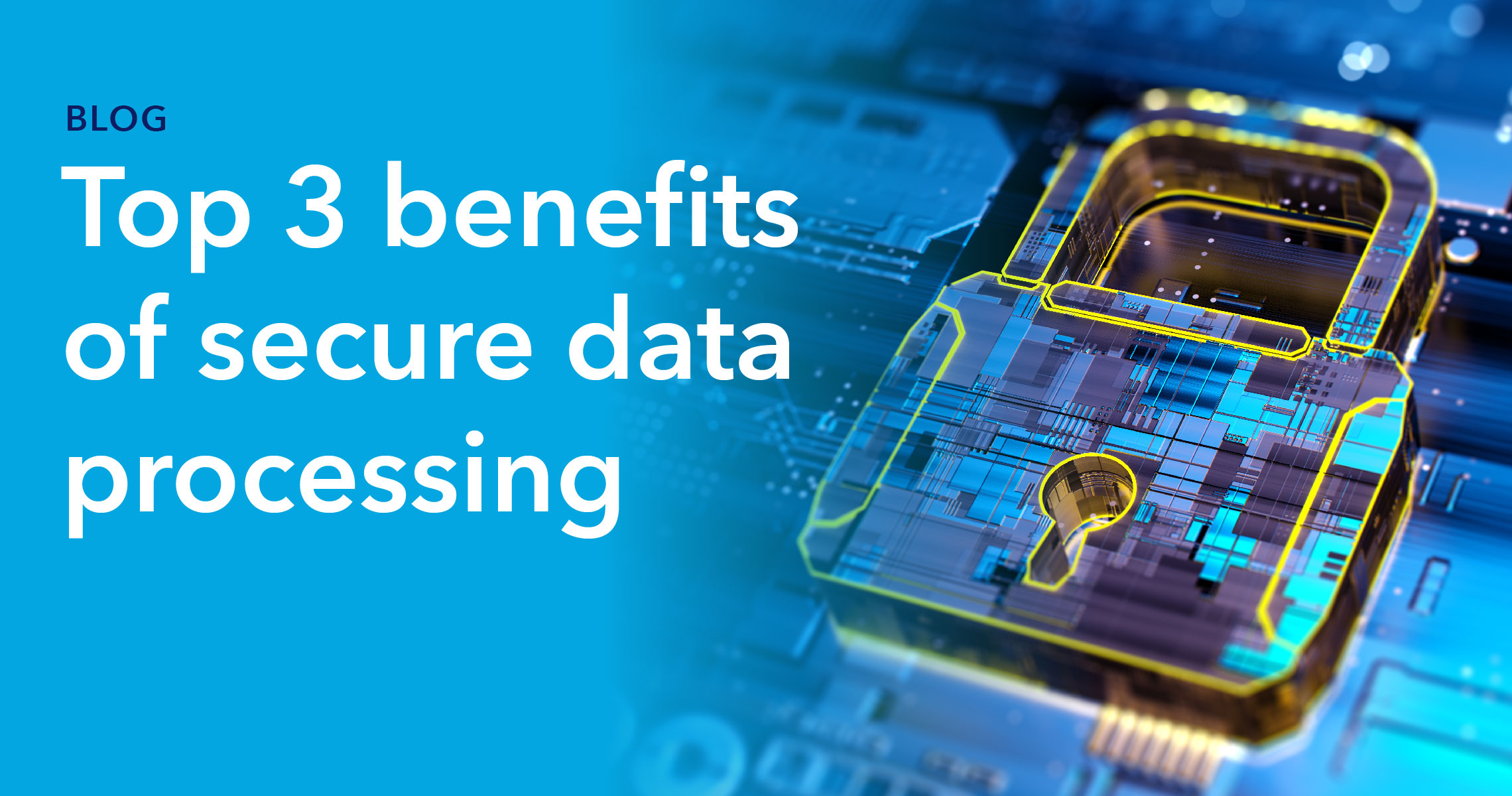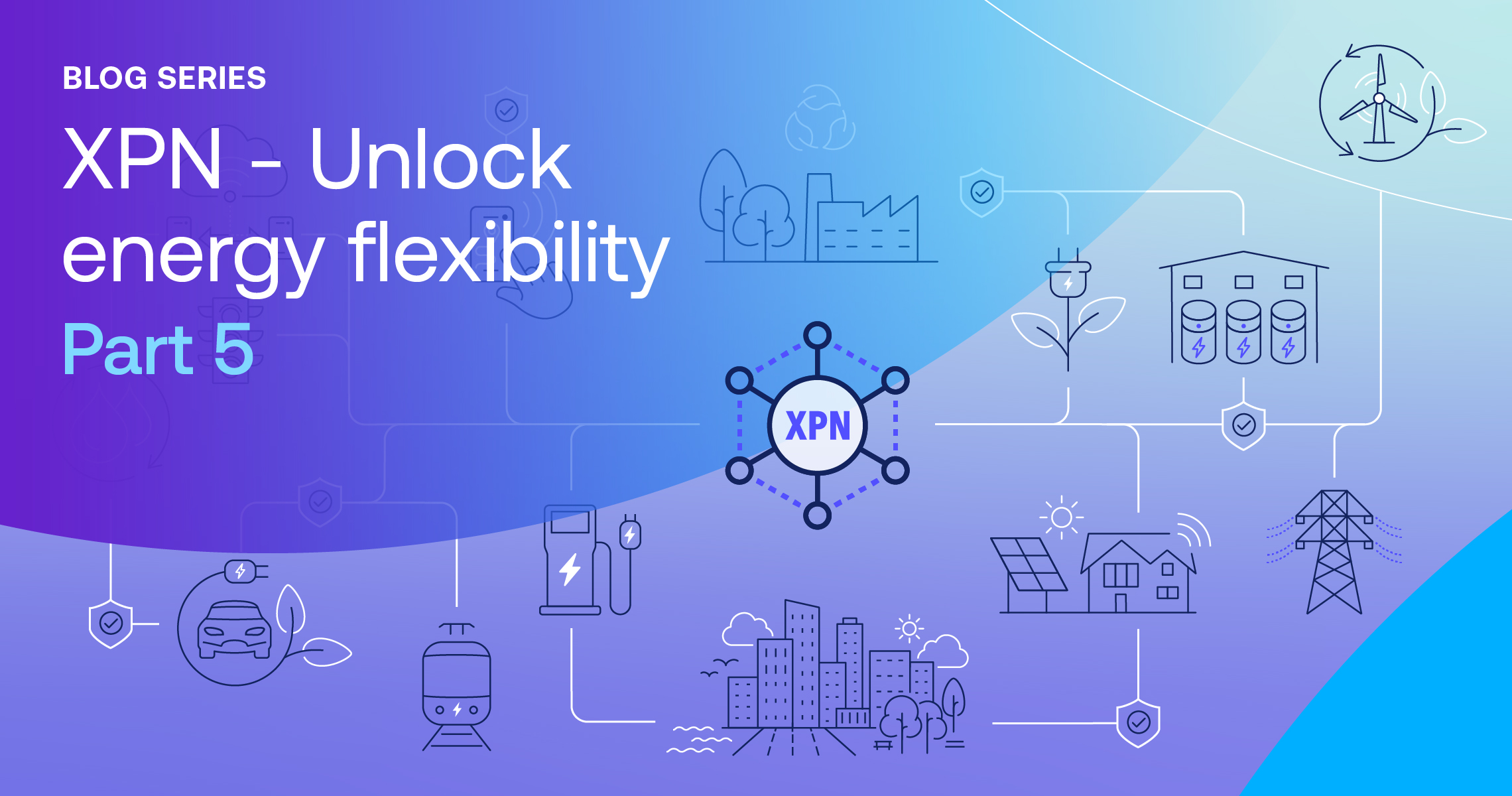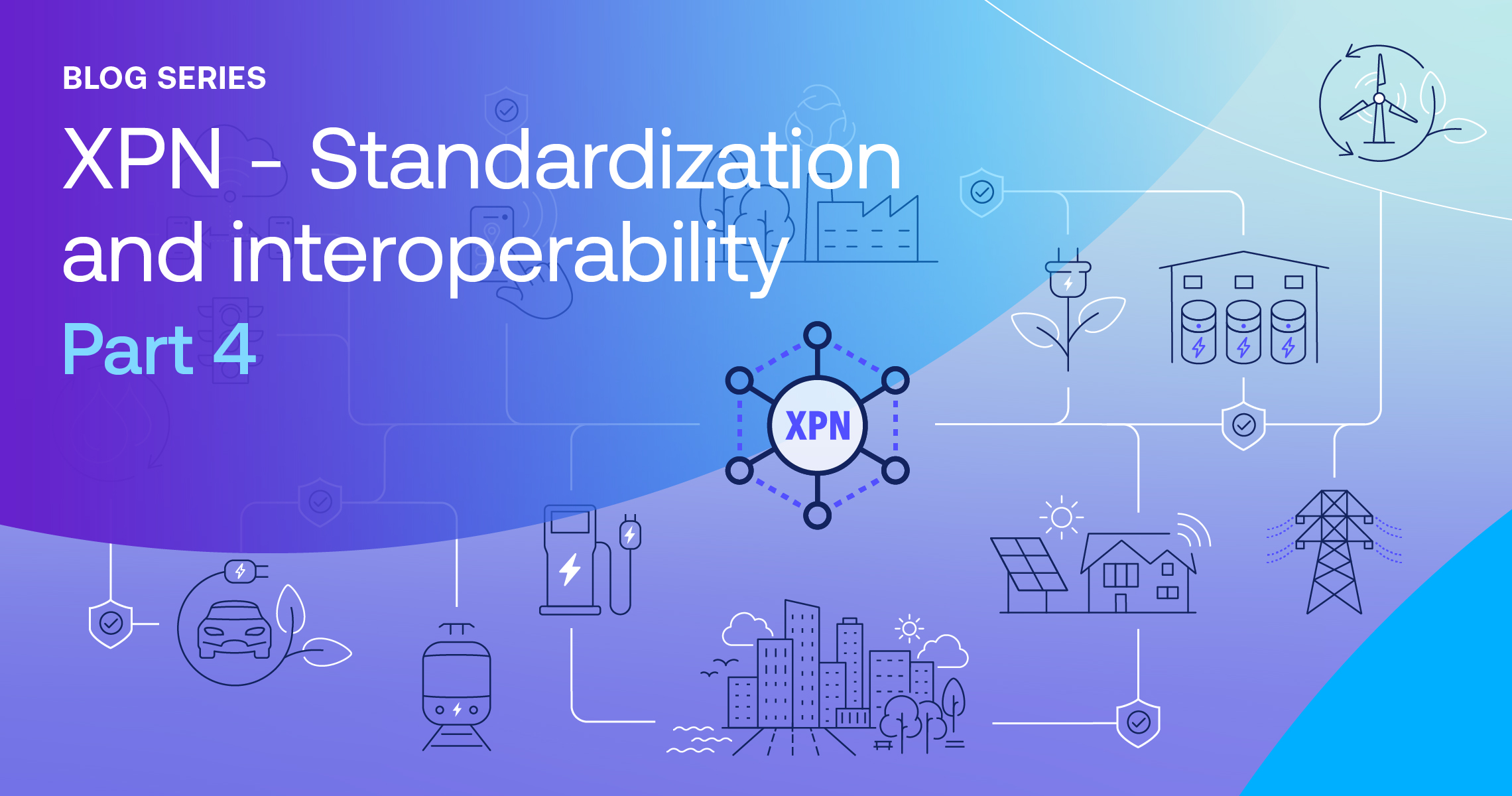In part one of this series, we discussed how secure data processing enables energy and utility companies to manage data operations around their mission-critical electrical grid IoT data. In part two, we’ll take a closer look at the specific benefits of secure data processing and show how it helped an energy company overcome some technical and logistical challenges.
***
Before any useful insights can be gleaned from energy data, it needs to go through several data management steps. First, the data needs to be cleansed, blended, formatted, or reformatted. Then, it has to be transformed into the right logical model (schema) to match existing business rules—and this transformation has to work with existing business processes and databases. Last, but certainly not least, the data needs to be secured and governed to make it accessible to the right people, while minimizing risk.
These days, customers have many options when it comes to data management. While outsourcing everything to a large cloud computing or data warehousing company may seem convenient, it can leave customers overly dependent on a single technology. Fortunately, alternative methods exist that prevent this type of vendor lock-in, and are easily deployable using lightweight, composable microservices. Secure data processing—data virtualization and the use of trusted data exchange platforms—can help companies avoid the cumbersome Extract, Transform, Load (ETL) processes of traditional data management.
Here are the top three benefits of secure data processing.
1. Enabling secure collaboration
Data sharing is driving innovation and improved profitability in the energy field. Vast streams of information pour out from a wide range of distributed energy resources and the infrastructure supporting them. However, energy and utility companies are subject to strict international data security regulations. They need to protect their data from unauthorized access—and to protect the privacy of the utility customer.
Secure data processing enables the safe exchange and interoperability of energy data. With a secure data exchange platform that offers fine-grained access control (like the Intertrust Platform), energy and utility companies can safely collaborate with other organizations to gain valuable insights from their data. These insights enable these companies to make better decisions, understand customer behavior, and plan investments and trades.
2. Higher data interoperability, leading to faster insights
Most of the data collection performed by utility companies comes in the form of a myriad of different information points, such as IP addresses, locations, and on-site behavior. On their own, these data points do not provide much insight. But through the sophisticated use of secure data processing—data blending and virtualized datasets composed from a broad spectrum of sources—companies can gain quality actionable insights about their customers.
With solutions such as the Intertrust Platform, the usage of utility data can be made vendor-agnostic and interoperable, ingestible, and segmentable. The data can be further organized into a secure utility data pipeline to help companies with their decision-making processes.
3. Improved visualization, audit capabilities, and reporting
Smart grids offer the end energy consumer flexibility in their usage and how they interact with utilities. Achieving greater customer engagement requires a shift from basic, analog representations of energy consumption data to high-quality visualizations of how they are using energy. This gives customers greater awareness of their energy consumption and insight into their utility bill.
Improved visualization is not just for the consumer-side, however, as advanced reporting software is making it increasingly easier for utility firms to gain better insight into their operations. Integrated production and usage data and data supplied by partners along with verifiable, immutable auditing capabilities, can greatly improve how utilities operate, which is better for the customer, the environment, and their own bottom line.
Intertrust and E.ON
European energy giant E.ON needed a fast, reliable, and incredibly secure data exchange platform to enable secure data processing throughout Germany’s widely fractured electricity distribution network (which has more than 800 distribution operators). E.ON found this solution with Intertrust.
Through secure data processing, municipal employees and city planners were able to match the most popular suggested EV charging station locations with the underlying reasons for siting them, e.g., distance to substations and line load capacity. The solution allowed them to solve the technical (and logistical) challenges associated with necessary and rapid data exchanges to create a better planning environment. These challenges had included the complexity of the various data sources such as difficult-to-access grid information in over 800 siloed databases, much of it in multiple data formats.
Some of the challenges around sourcing and securing access to datasets included:
- Data access: Planning requires access to three main grid information datasets: geolocation, electrical load capacity, and asset types. Typically, this information is stored in different databases that are not linked together.
- Efficiencies: When these datasets are queried, the data often needs to be normalized to eliminate mis-labeling and to match destination database schema. Database query times is one reason behind the inordinate amount of time needed to calculate the feasibility of a proposed charging station location.
- Compliance and regulations: To further compound this situation, this information must comply with local regulations. Use of personal data is strictly regulated under the European Union General Data Protection Regulation (GDPR) as well as the German Federal Data Protection Act. Under these laws, employee information is considered as personal data, so any data such as records of maintenance personnel visits held in the datasets has to be governed according to these laws. German regulations also forbid data sharing between DSOs, further complicating the dissemination of data in some locations served by multiple DSOs. And finally, grid information is considered sensitive data, and must be treated as such.
Intertrust CleanGrid
Intertrust CleanGrid is an Intertrust Platform-based toolkit for building secure, trusted energy data applications. By automating tasks in a manner that respects data protection policies, CleanGrid dramatically reduces the time and resources required to plan, integrate, and optimize new DER and electric vehicle (EV) charging infrastructure.
A number of E.ON applications run on CleanGrid. These are used by various stakeholders, such as city or municipality employees, grid company employees, or value-added energy retail service providers, to enable highly efficient, collaborative utility grid planning.
As mentioned, these applications are powered by Intertrust Platform. Some key features include:
- Governing access to the various datasets by applying compliance policy management. Intertrust creates and enforces fine-grained rules for governing access to data based on the policies that E.ON and its partners define in the system.
- Restricting access to personal information to only pre-authorized users.
- Maintaining an audit trail: Intertrust Platform securely logs all access requests and maintains an audit trail.
- Providing data connectors: Intertrust Platform creates connectors to the various external datasets and databases that E.ON works with. These connectors integrate with commonly used datastores, such as SQL, time-series databases or other using JDBC, implementing the Platform’s data access governance functions, including data update and deletion.
Conclusion
Secure data processing encompasses data protection, processing, and collaboration through data virtualization, the employment of secure identities, and the use of trusted data management platforms. In addition to minimizing risk and helping companies comply with guidelines from organizations such as the Department of Energy or the EU, secure data processing allows energy utilities to improve their understanding of their customers, how they interact with smart grids, and how service provision can be optimized. Secure data processing supports the kind of collection and exchange that modern utility companies need in order to enact a digital transformation.
To learn more about the ways Intertrust Platform provides data security, eases data processing through virtualized datasets in secure workload execution environments, and helps organizations to collaborate more simply and safely, you can read more here or get in touch with our team.
About Abhishek Prabhakar
Abhishek Prabhakar is a Senior Manager ( Marketing Strategy and Product Planning ) at Intertrust Technologies Corporation, and is primarily involved in the global product marketing and planning function for The Intertrust Platform. He has extensive experience in the field of new age enterprise transformation technologies and is actively involved in market research and strategic partnerships in the field.




